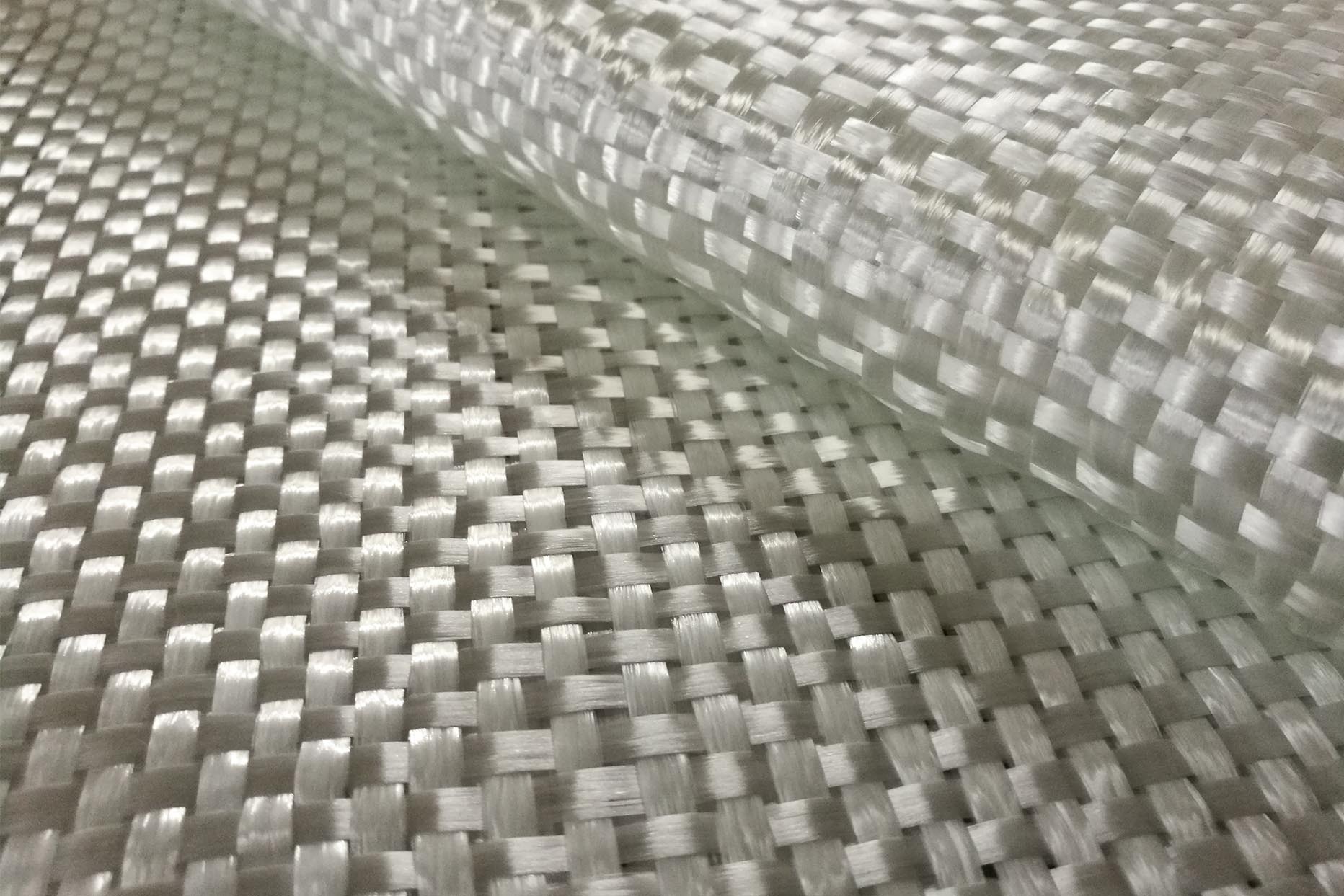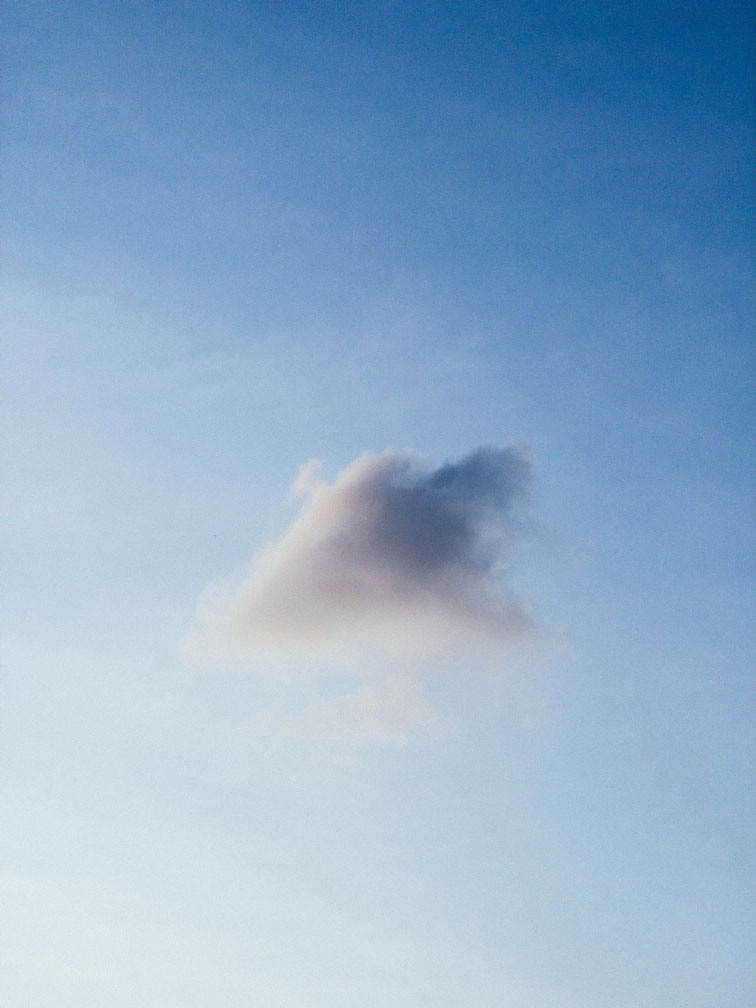Controlling odour and VOC pollution in composites manufacturing
Fibre Reinforced Plastic (FRP) composites are widely used in manufacturing as they are strong yet lightweight. Layers of glass or carbon fibres are combined with layers of resin in moulds to produce items such as boats, bathtubs and pipes. However, the resins often contain styrene, a well-known Volatile Organic Compound (VOC), which can cause several issues. The biggest problem is odour nuisance, potentially leading to complaints from those living or working near factories where composites are handled.
The problem
One Polish composites manufacturer was planning to expand its operations, opening a new building to produce Glass fibre Reinforced Plastic (GRP) pipes.
As GRP is both lightweight and resistant to corrosion, it is suitable for making giant pipes with diameters in excess of 2 metres – perfect for carrying both water and energy. GRP pipes are gradually replacing those made from steel or stainless steel, which are heavy and prone to corrosion.
The production process involves layering glass fibre and resin into a rotating drum, which produces emissions containing styrene.
Styrene is subject to VOC emission regulations, with limits set on regional or even on company level. Although styrene is not particularly toxic, emissions are subject to health and safety legislation: in Poland, for example, concentrations in the workplace must be kept below 50 mgC/m3.
DESOTEC’s filters are ideal for purifying air emissions from the composite production process to enable factories to keep the air clean and their neighbours happy!
The manufacturer’s new building was scheduled to handle 50 tonnes of resin per year. It would operate in one or two shifts per day, producing a polluted air flow of around 15 000 m3 per hour.
The company knew it needed to resolve two issues: VOC emissions and odour nuisance to neighbours.
It approached DESOTEC shortly before the new building was due to open, keen to find a cost-effective solution that could be installed immediately in order to avoid a delay in production start-up.
As this expansion was new, the manufacturer also wanted the freedom to cancel the filter if business declined in the future, or upgrade to a larger one if production needed to expand again.


The solution
Based on its experience with similar manufacturers, DESOTEC proposed installing its AIRCON H filter. This was fitted within just two weeks of the initial approach from the manufacturer.
Once it was in place, the manufacturer was able to complete the installation of the new building and start production on time.
Air is now extracted from the rotating drum and treated by the DESOTEC filter. The purified air can then be safely emitted into the environment.
The AIRCON H is designed with a low pressure drop, reducing the energy required to push the flow through the activated carbon bed. This keeps energy costs down for the client.
As DESOTEC filters are supplied on a monthly rental basis, they do not require major upfront investment from manufacturers. They are easy to install, remove or upgrade if necessary.
When the carbon filters are spent, they are exchanged and transported by DESOTEC to its own reactivation site, meaning clients do not have to handle the spent carbon and pollutant themselves.
At the DESOTEC site, the carbon is reactivated so it can be reused. This represents a further cost saving for the client.
The results
Since the new building started operations in autumn 2019, there has been no noticeable odour outside the factory.
The concentration of styrene in emissions has been around zero – well below detection limits.
The client is happy with the solution, especially in terms of its effectiveness, its cost-efficiency, the speed of installation, and its flexibility if the business should expand – or reduce – in the future.
Furthermore, the neighbours are happy, too, with no complaints about odour. It’s a win-win!
How can DESOTEC help you?
To discuss how DESOTEC can help remove pollutants from your plant’s air emissions, contact the team today.
Contact our expertsHow can DESOTEC help you?
To discuss how DESOTEC can help remove pollutants from your plant’s air emissions, contact the team today.
Contact our experts-
Air & gas purification
Our sustainable filtration solutions ensure air purification, odour control, and high quality process gases such as biogas and biomethane. -
Our unique service
Our closed-loop, full-service model is as unique as your business needs. We’ll define the right filtration setup and safely recycle filtration waste, making it easy to go green. -
Your sustainability journey
We care about protecting our air, water and soil for future generations, just like you. Our filtration solutions help you meet environmental standards, reducing your carbon footprint.


